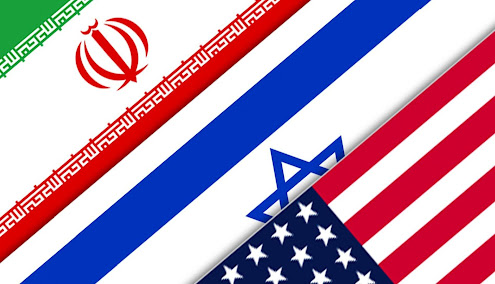Geopolitical Analysis: U.S. Investigates Leaked Israeli Strike Plans on Iran
The U.S., historically playing a balancing role in the region, has alternated between diplomacy and hardline policies depending on the administration in charge. While Israel has consistently advocated for aggressive measures against Iran, even suggesting regime change or military invasion, the U.S. approach has been more varied. Under Trump’s administration, there was a clear resistance to prolonged entanglements, despite enforcing strong economic sanctions on Iran. In contrast, the current Biden administration’s policy seems uncertain, with questions surrounding the President’s health and decision-making power. Meanwhile, Iran continues to build alliances with other regional powers, such as Russia and China, while avoiding direct war with the U.S. — a strategy that seeks to assert its influence without provoking overwhelming military retaliation.
The broader cultural worldview at play here highlights the ongoing power dynamics in the Middle East, where military preparedness, religious differences, and the pursuit of nuclear capability dominate the geopolitical landscape. For Israel, a strike on Iran is about survival and security, while for Iran, standing up to Israel is about regional dominance and resistance to Western influence. Both nations operate within a framework of deterrence, escalation, and strategic alliances that can quickly pull other global powers into the fray.
In contrast, today’s U.S. policy on Iran is much murkier. With President Biden’s health concerns and unclear leadership, it’s difficult to predict how the U.S. will act if tensions with Iran escalate further. The current administration seems caught between continuing diplomacy, like efforts to revive the Iran nuclear deal, and responding to mounting pressure from Israel and other allies in the region to take a harder stance.
From my perspective, Trump’s "non-interventionist" approach made sense, especially after decades of U.S. involvement in Middle Eastern conflicts that yielded mixed results at best. However, Israel’s security concerns are real and cannot be ignored, especially given Iran’s missile and nuclear capabilities. The challenge is finding a balance between preventing Iran from acquiring nuclear weapons while avoiding a full-scale war that could have devastating consequences not just for the region but for global stability. Diplomacy, backed by credible deterrence, seems like the best path forward, but it remains to be seen how the U.S. will navigate this complex situation under the current administration...
Source:
Reuters. (October 20, 2024). "US investigates leak on intelligence about Israel's Iran attack plans | Reuters"




Comments
Post a Comment